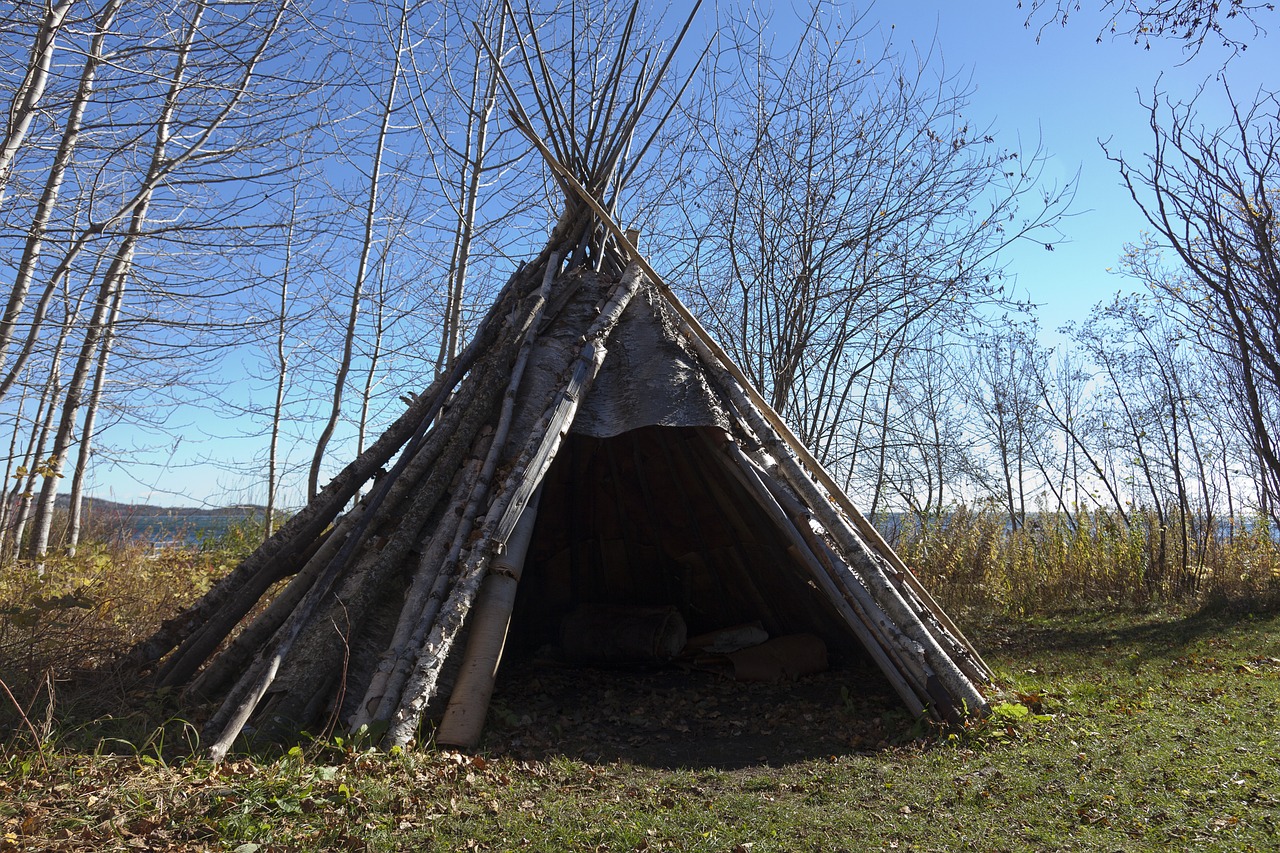When Words Carry Worlds: The Last Keepers of Ancient Knowledge
Imagine if every language were a unique lens through which to view the world. Then indigenous languages such as Navajo, Lakota, and Cherokee are millennia-old telescopes showing us constellations we would never discover otherwise. Yet these linguistic treasures are disappearing at breathtaking speed.
Navajo: The Language That Was Unbreakable in War
During World War II, the Navajo Code Talkers made history. Their language, so complex and unique, became the Allies’ most secret weapon. “Our language saved countless lives,” recalls the last living Code Talker, Peter MacDonald. “But today it is fighting for its own survival.”
Navajo is more than a means of communication – it is a philosophical map that expresses kinship with nature in ways that do not exist in German or English.
Lakota: When Every Word Is a Prayer
In the Lakota language, there is no separation between sacred and everyday words. “Mitakuye oyasin” does not simply mean “all my relatives,” but expresses a profound connectedness with all living beings.
“When a Lakota word dies, a way of seeing the world dies,” says language teacher Phyllis Young. “Our language carries our entire worldview within it.”
Cherokee: An Oral Culture Invents Its Script
In the 19th century, Sequoyah made history when, though illiterate himself, he created the Cherokee syllabary – the only writing system ever invented by a single individual for a previously unwritten language. Within a few years, the Cherokee population had a higher literacy rate than their white neighbors.
The Numbers Speak Clearly – And They Are Alarming
Of the roughly 175 indigenous languages still spoken in the U.S. today:
- Only 20 are still being passed down to children
- 135 are endangered
- Navajo has only about 170,000 speakers left
- Cherokee counts fewer than 2,000 native speakers
Why Are These Languages Dying?
The reasons are deeply rooted in colonial history:
- Residential schools: Generations had their mother tongue forcibly taken from them
- Socioeconomic pressure: English as the language of opportunity
- Media dominance: Indigenous languages absent from public spaces
What Do We Lose When a Language Dies?
It’s not just about words – it’s about entire knowledge systems:
- Medicinal knowledge: Plants and their healing uses
- Ecological wisdom: Millennia-old observations of natural cycles
- Philosophical concepts: Unique worldviews
- Cultural identity: The foundation of indigenous communities
Signs of Hope: The Renaissance of Indigenous Languages
Across the continent, languages are awakening from their slumber:
- Language immersion schools: Children learn Navajo as their first language
- Digital revolution: Apps like “Speak Cherokee” make learning accessible
- Social media: TikTok videos in indigenous languages reach millions
- Official recognition: Cherokee is now an official language in North Carolina
Modern Technology Serving Ancient Languages
AI and digital tools are becoming indispensable allies:
- Speech recognition: Google Translate integrates Navajo
- Digital archives: Recordings of the last native speakers
- Virtual classrooms: Language lessons across continents
What You Can Do: From Spectator to Supporter
Everyone can help preserve languages:
- Learn a word: Greet people in their native language
- Support indigenous media: Listen to radio stations in indigenous languages
- Respectful curiosity: Show genuine interest in language projects
- Financial support: Donate to immersion programs
The Future: When Grandmothers and Grandchildren Speak the Same Language Again
In Oklahoma, a Cherokee grandmother weeps as her grandchild recites a prayer in their native language for the first time. “For decades I thought these songs would die with me. Now I hear them on the lips of my grandchild.”
These tears of joy are the true meaning of language preservation. It is not about museums or archives – it is about grandparents and grandchildren once again sharing the same stories in the words of their ancestors.
Have you had experiences with indigenous languages? Ever encountered linguistic diversity in a special way? Share your thoughts in the comments!
Resources for further learning:
The Language Conservancy
Native American Language Fund
Tribal Language Preservation Programs

